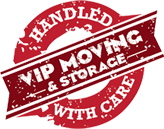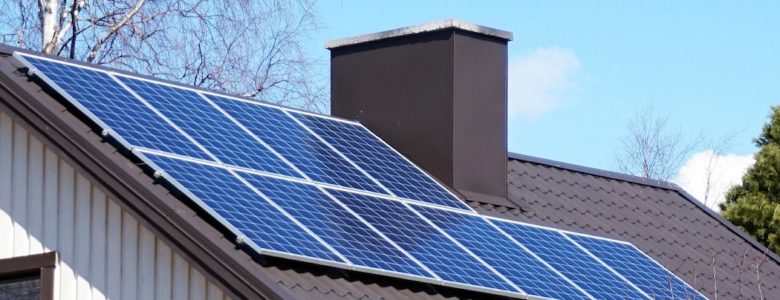If you use a lot of electricity, and as temperatures rise, who can really blame you, you’re going to be hit hard very soon. California utility companies are raising their rates for about 9 million California homes. You can fight back though, and if you do it right, you’ll add value to your home. Solar power is booming. It can be pricey, but it’s an investment — one that pays off in multiple ways. To maximize your payoff, though, you’d better jump soon.
Many Californians pay over $200 a month just on electricity, and even average users are seeing rising bills, often more than 30 percent per year. We can fight back, though, with solar power, and you might reap the benefits when you sell.
When you go to sell your home, solar will add as much as $20,000 to the sale price of your home. That’s sometimes more than the cost of the system.
How to go Solar
Going solar is not that complicated, but there are some options. You can buy or lease. You can purchase a battery backup or simply sell any surplus energy back to your utility company. Either way, you will probably save money in both the short and long-term.
Buy or Lease?
The first question you need to ask yourself is whether to buy or lease. There are advantages and disadvantages to both. Either way you go, you can go solar with no out of pocket cash.
If you buy, you can finance with low-interest loans. You can also take advantage of up to 30 percent tax credits, at least for now. The up to 30% federal tax credits are scheduled to phase out beginning in 2019. Unless you buy a backup battery, which can cost more than $7,000, your solar panels will only provide you electricity during daylight hours, when the sun is shining. That’s not all bad, though. If you don’t have a backup battery, you can sell any surplus daytime energy back to your utility company, meaning you’ll see your electric meter go backwards and you’ll have spare energy to keep your house comfortable even at night.
Leasing is cheaper. There is no initial cash outlay. If you lease, the leasing company is responsible for the upkeep, but they also get to keep the federal tax credits and they’ll be the ones to sell back the surplus energy. If you use electricity to cool or warm your home during the night, you might consider buying instead. Another factor to consider is that leases aren’t fixed. They can increase their rates over the course of the lease.
Another reason to buy instead of lease is that you may run into problems when it’s time to sell your home. If you are under a 20 year lease, and you sell just half-way through, the buyer will have to take over the lease, or you will have to remove the panels and violate your lease. You could buy it out, but you’d be better off buying from the start.
How to Choose a Solar Provider
Get referrals from neighbors or check with reputable referral agencies. You may be surprised to learn that some of the biggest names in solar have some of the worst reputations. Request a minimum of three quotes. If one solar company tells you your roof isn’t compatible, get a second and third opinion. Many companies have fixed size panels. They may not be able to accommodate some roofs, when other companies can.
Featured image via Wikimedia


Leave a Reply